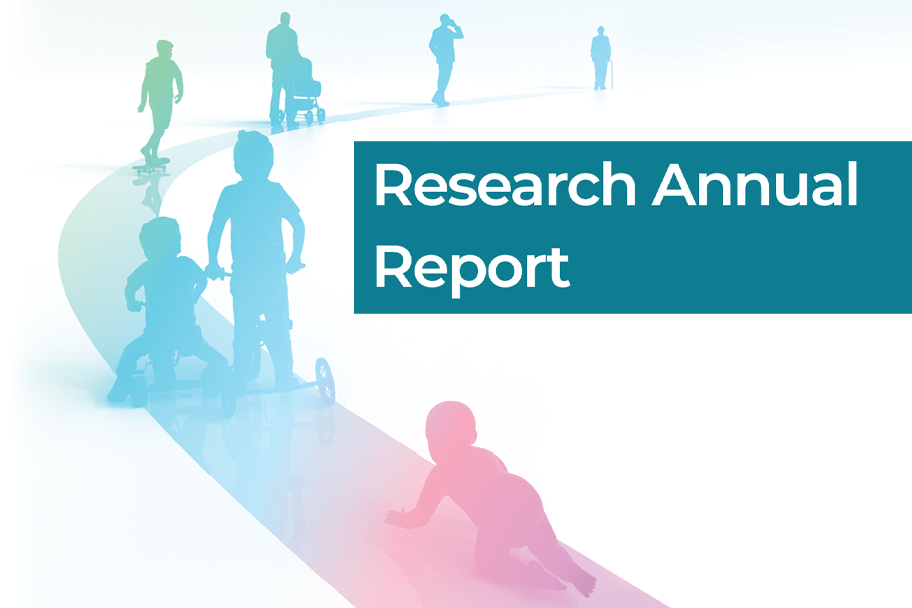Our Research
Our research mission is to serve as the leader in innovation and discovery in transforming the lives of youth and their families. To achieve this, we partner with other internal disciplines—including pediatrics, behavioral medicine, hematology and infectious disease—and external institutions around the world to conduct collaborative research that improves adolescent health and health equity.
Our research isn’t just focused on one area but instead covers the vast span of issues impacting adolescents and young adults, such as sexually transmitted infection (STI) and human immunodeficiency virus (HIV) prevention, environmental health, gender care, and eating disorders.
Within an overarching theme of improving health equity and reducing health disparities, our research is currently focused on these areas:
- The impact of environmental exposures on puberty and long-term health outcomes
- The improvement of health outcomes in transgender and gender-diverse youth
- The prevention of human papillomavirus (HPV)-associated cancers and the development and uptake of adolescent vaccines
- The prevention of STIs and HIV infection through rapid diagnostics, as well as behavioral and biomedical interventions
- Eating disorder outcomes
- The improvement of care for youth with chronic conditions
- The care of youth in juvenile justice settings
- Career development, including medical education, pipeline programs and faculty training
Some of our recent research highlights include:
- Brittany Rosen, PhD, (in collaboration with Joe Real, MD, general pediatrics) found that clinicians using a virtual reality immersive training to practice communicating with families about vaccines led to an 18% increase in HPV vaccine initiation rates among their patients. Read more about this research.
- Tanya Mullins, MD, MS, (in collaboration with Eric Mullins, MD, hematology) and her team found that, despite the presence of preexisting risk factors for thrombosis, no transgender youth in their cohort developed thrombosis, suggesting that gender-affirming hormone therapy in youth does not carry a significant risk of thrombosis in the short term. Read more about this research.
- Lea Widdice, MD, and her team discovered that young women found self- and clinician-collected samples for STIs to be acceptable, suggesting that offering in-clinic, self-collected rectal samples may improve uptake of rectal STI screenings. Read more about this research.
- Jessica Lin, MD, and her colleagues found that triggers for disordered eating behaviors among youth with anorexia nervosa included environmental stressors, external pressures of the thin/fit ideal, internalized thin/fit ideal, weight-related teasing, and receiving health education. Read more about this research.





